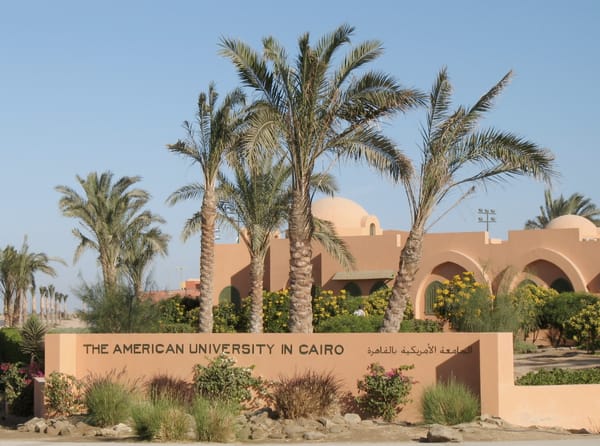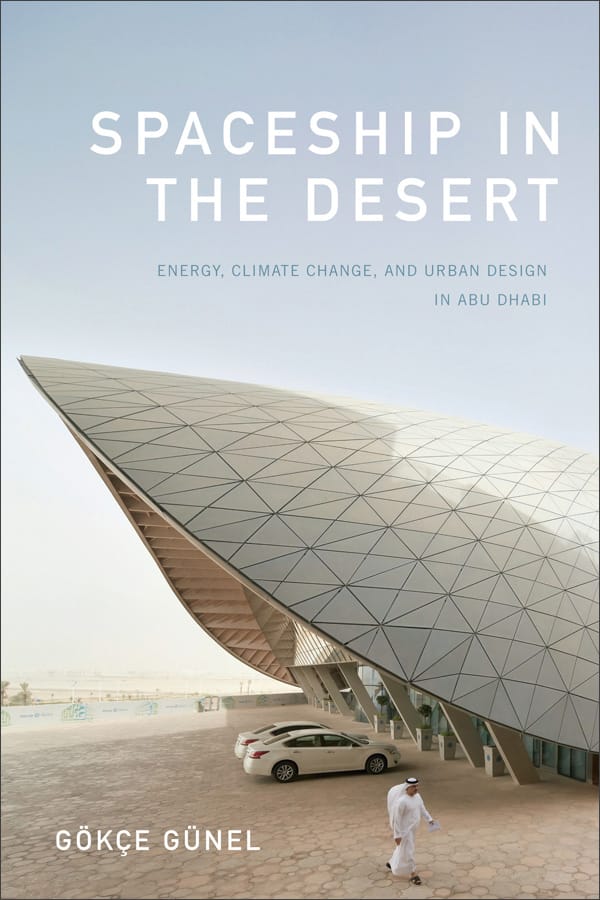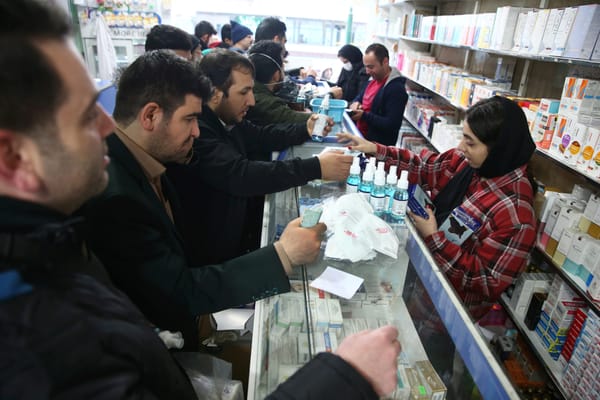



Saudi Arabia’s Weaponization of Oil Abundance
Saudi Arabia and Russia cooperated for years to maintain the value of their chief export—oil. This month, that collusion collapsed into a price war with both countries unexpectedly boosting production. In the midst of the coronavirus pandemic and China's decreasing oil demands, fears of an uncertain
From the Archive: Iraqibacter and the Pathologies of Intervention
As Iraq now confronts the arrival of COVID-19, its war-damaged medical infrastructure and degraded environment will make it harder to combat the virus. In 2019, Omar Dewachi explained how these same conditions transformed innocuous bacteria into dangerous drug-resistant strains.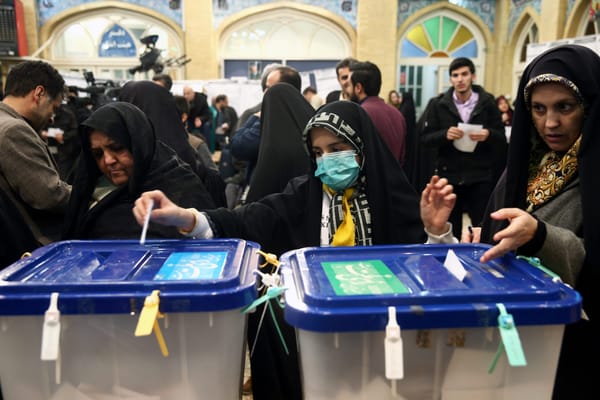
The Making of a "Resistance Parliament" in Iran and the Challenges Ahead
Iran's parliamentary elections in February handed the conservative supporters of the Supreme Leader a major victory. Abedini and Armin explain how and lay out why the regime is poorly positioned to deal with popular discontent, crushing US sanctions and the spreading coronavirus.
UCSC International Students Increasingly Vulnerable Amid Wildcat Strike
UCSC graduate student workers are striking for a cost of living adjustment (COLA) to their salaries. International students are particularly vulnerable both to the high cost of housing and to punitive measures by the university.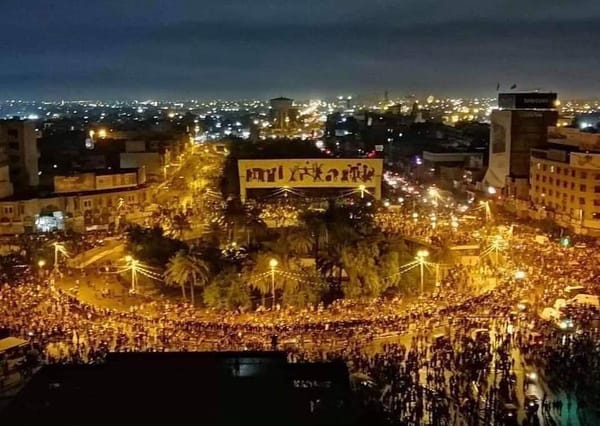

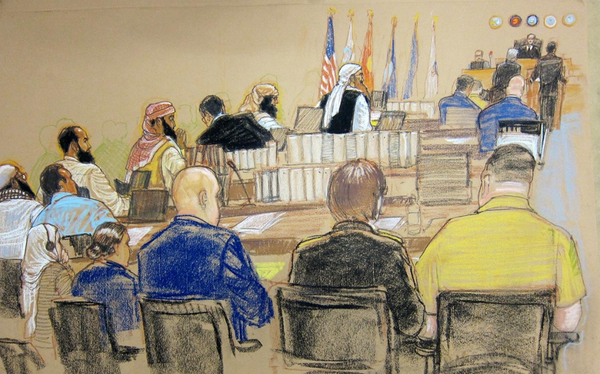
Agrarian Politics and the Slow Revolution Yet to Come
Almost a decade after the 2011 uprisings, we now have an excellent synthetic text by Habib Ayeb and Ray Bush, long-time activists and researchers of (North) African agrarian questions as they relate to food sovereignty, social equality, and the ecology.The Post-Oslo Neoliberal Laboratory
A review of Toufic Haddad, Palestine LTD. Neoliberalism and Nationalism in the Occupied Territories (London: I.B. Taurus, 2016), 368pp. Toufic Haddad begins his sharply critical examination of the international donor and financial community’s role in the Occupied Palestinian Territories (OPT) since the 1993 Oslo peace accords between Israel